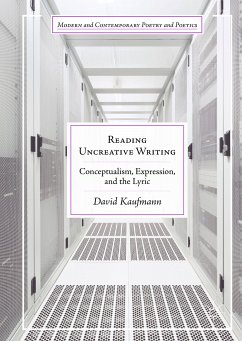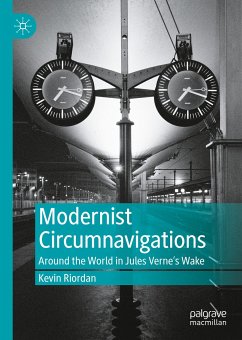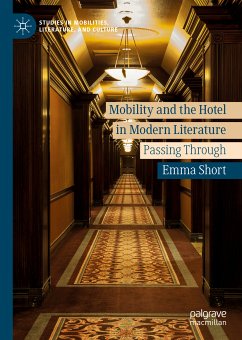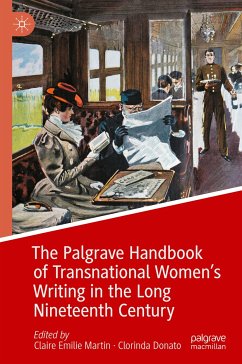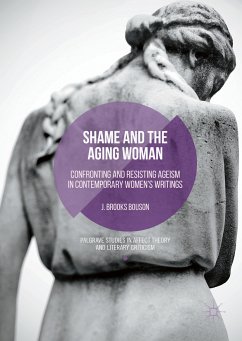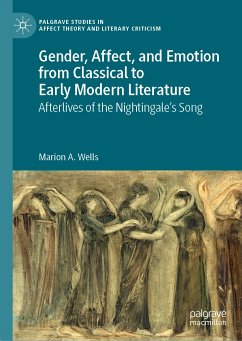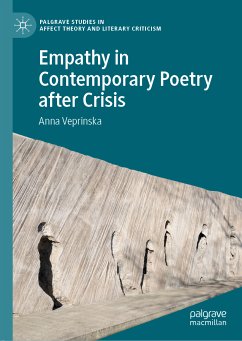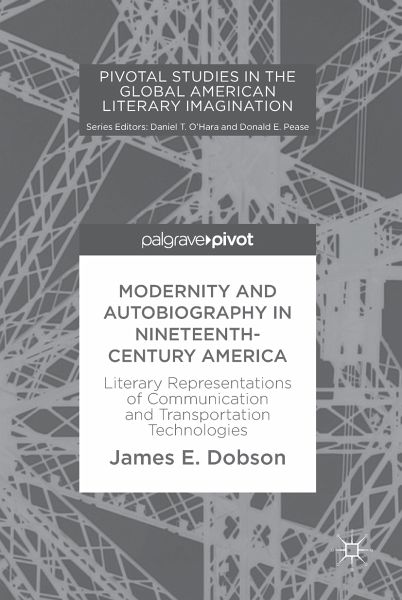
Modernity and Autobiography in Nineteenth-Century America (eBook, PDF)
Literary Representations of Communication and Transportation Technologies
Versandkostenfrei!
Sofort per Download lieferbar
44,95 €
inkl. MwSt.
Weitere Ausgaben:

PAYBACK Punkte
22 °P sammeln!
Examines disruptions to the self and the world by new technologies
Deepens our understanding of technology's impact on late-nineteenth-century writing
Highlights the phenomenological and physiological within the modernity crisis
Deepens our understanding of technology's impact on late-nineteenth-century writing
Highlights the phenomenological and physiological within the modernity crisis
Dieser Download kann aus rechtlichen Gründen nur mit Rechnungsadresse in A, B, BG, CY, CZ, D, DK, EW, E, FIN, F, GR, HR, H, IRL, I, LT, L, LR, M, NL, PL, P, R, S, SLO, SK ausgeliefert werden.




